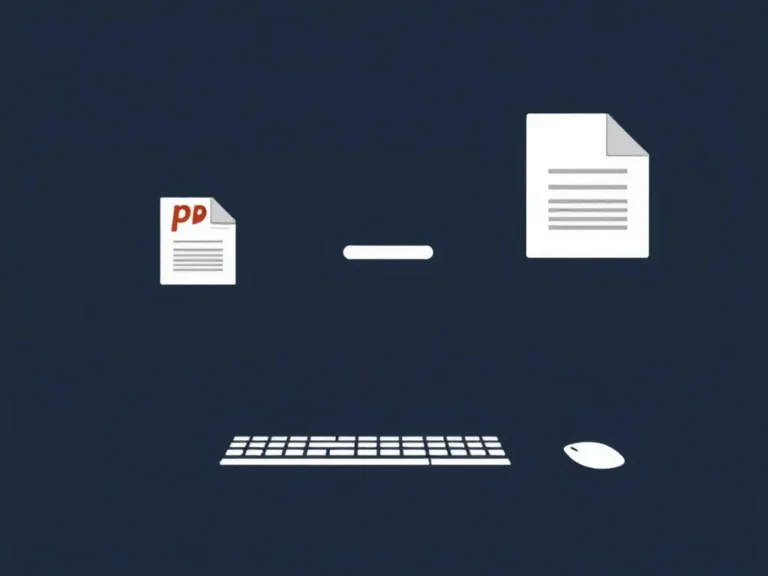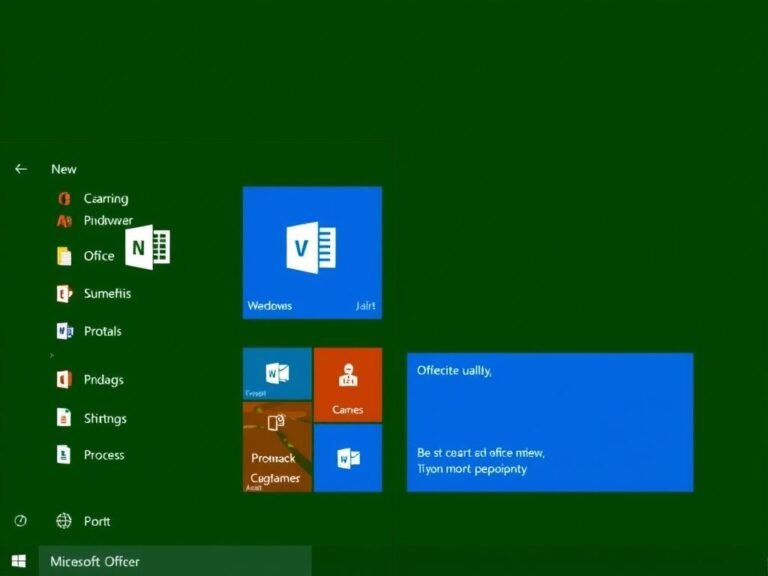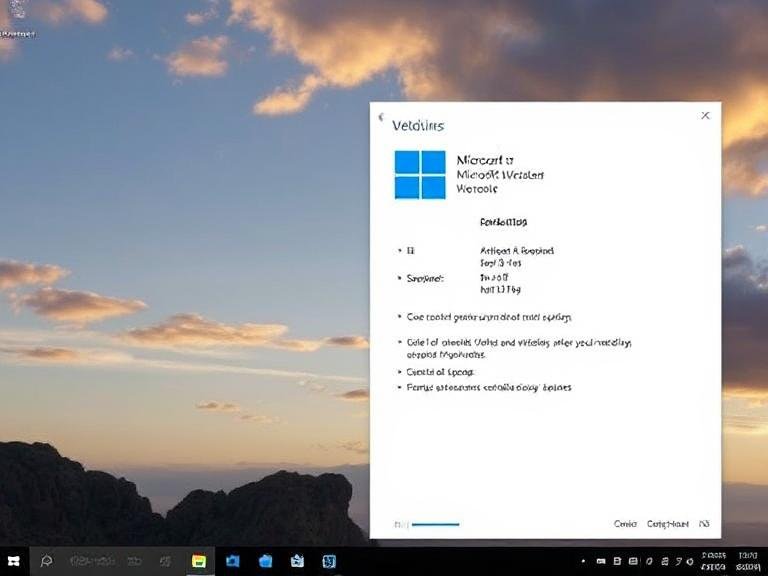Microsoft Extends Windows 10 Support for Microsoft 365 Apps

Microsoft Extends Windows 10 Support for Microsoft 365 Apps
Microsoft Confirms End of Windows 10 Support Is Approaching
Microsoft has recently reminded users that Windows 10 will reach its end of support on October 14, 2025 — less than six months from now. That means after this date, the operating system will no longer receive security updates, bug fixes, or technical support.
In response to this change, a new initiative called “End of 10” has emerged. Backed by the Linux community, it aims to help Windows 10 users transition smoothly to alternative operating systems before support ends.
What About Microsoft 365 Apps?
Earlier this year, Microsoft also announced that Microsoft 365 (M365) apps — including Teams, Outlook, Word, Excel, PowerPoint, and OneDrive — will stop being supported on Windows 10 after the OS reaches end of life .
“Microsoft 365 Apps will no longer be supported after October 14, 2025, on Windows 10 devices. To continue using Microsoft 365 applications, you will need to upgrade to Windows 11.”
It seems Microsoft has changed its stance.
Just when users were preparing to move to Windows 11 to keep using Microsoft 365 apps like Teams, Outlook, and Office, the company quietly updated a post on its Tech Community blog. The update reveals that Microsoft 365 app support on Windows 10 will now continue until October 2028 — three years longer than previously announced .
This change was first spotted by Neowin while reviewing Microsoft’s updated guidance on Extended Security Updates (ESU) for Windows 10.
What This Means
- Users who can’t or don’t want to upgrade to Windows 11 right away can still use Microsoft 365 apps beyond the Windows 10 end-of-support date in 2025.
- While regular security updates for Windows 10 will stop in 2025, businesses using ESU can continue receiving critical patches until 2028 , and now they’ll also have continued compatibility with M365 tools.
- This gives organizations more time to plan hardware upgrades or OS migrations without disrupting productivity workflows.
This move by Microsoft makes sense — especially considering that many users are finding it tough to upgrade to Windows 11 due to its stricter hardware requirements. By extending support for Microsoft 365 apps on Windows 10, the company is giving both individuals and businesses more flexibility to transition at their own pace, without sacrificing access to essential tools.





